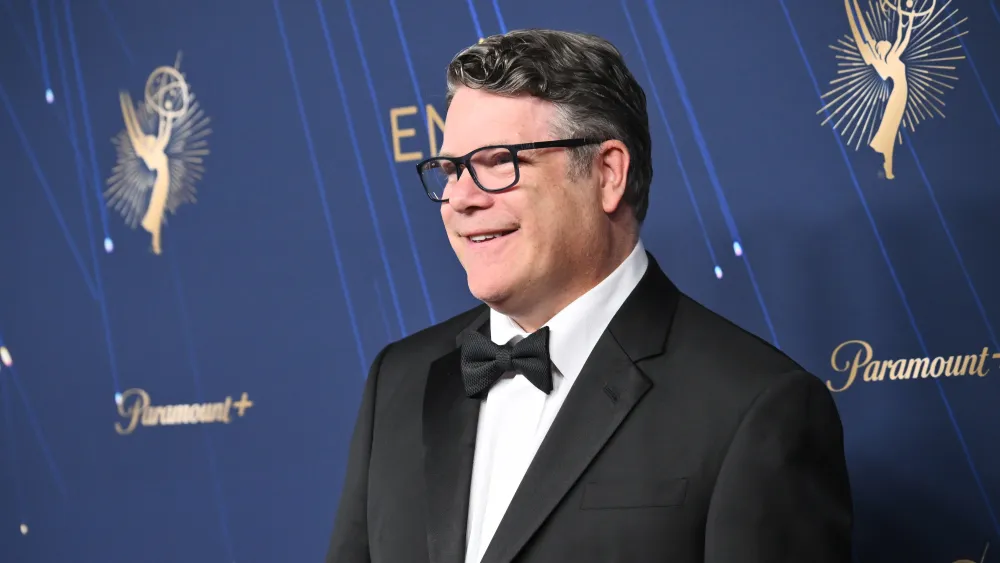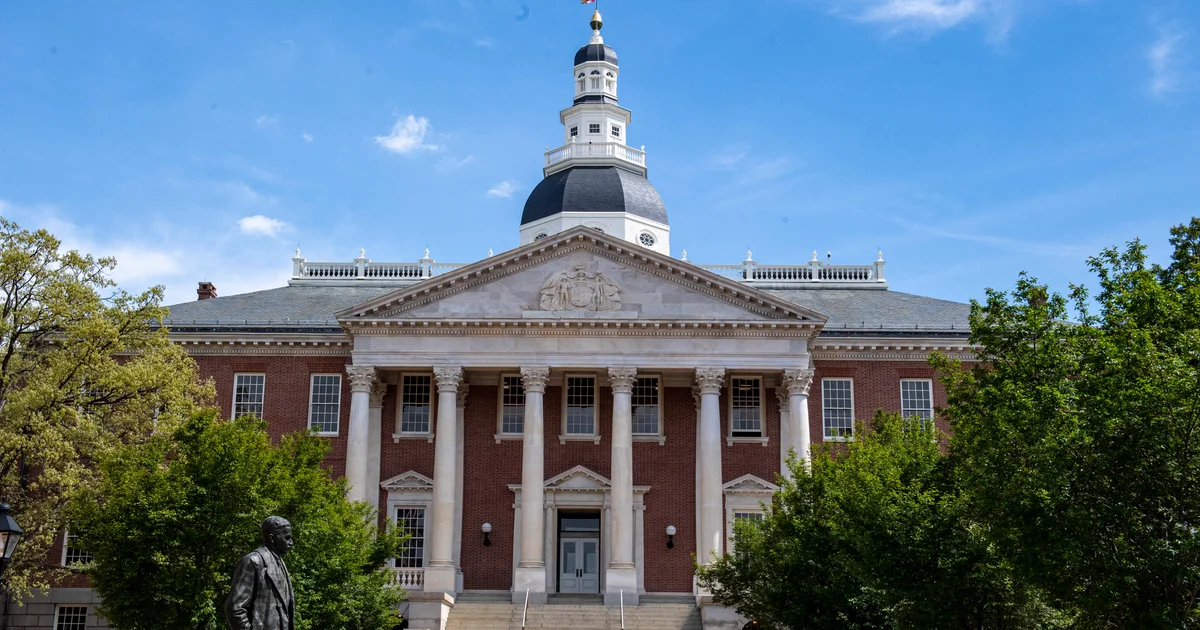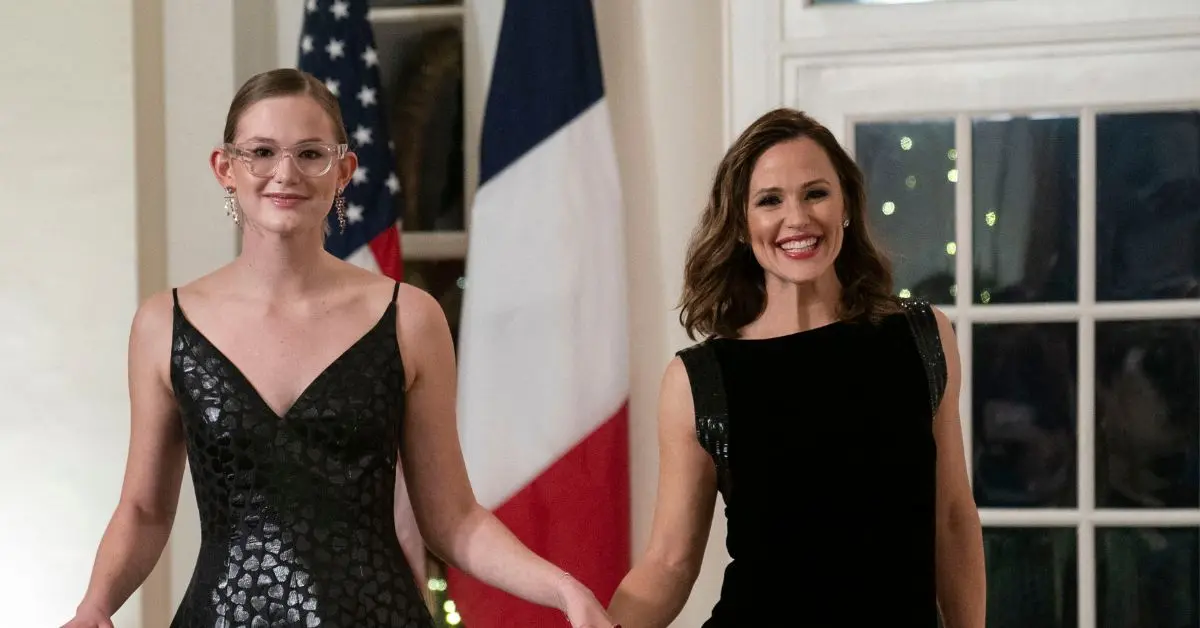Copyright Variety

Sean Astin came into his new role as president of SAG-AFTRA with a big agenda. Days after he was elected in September, his to-do list got even longer when the Jimmy Kimmel-ABC crisis erupted, followed by the arrival of AI ingenue Tilly Norwood and the Sora 2 flap involving Bryan Cranston. Plus, in his first weeks of discussions with the union’s staff, Astin became more aware of problems involving auditions and casting directors. And the perennial issue of access to the union’s health care plan has only become more acute for members, particularly older members, given the turbulence in Hollywood’s job market. In his first extended interview since taking the SAG-AFTRA reins from Fran Drescher, Astin dove in with candid responses to questions including the overarching question about next year’s negotiations on a master contract with the Alliance of Motion Picture and Television Producers. Highlights from the interview are also featured on today’s episode of the “Daily Variety” podcast. The last time around, in 2023, those bargaining sessions cratered into a five-month strike that marked SAG-AFTRA’s first industry-wide work stoppage since 1980. Nearly three years later, Astin brings the can-do energy of a working actor. He was born into the thespian life as the son of actors Patty Duke, who served as president of what was then the Screen Actors Guild from 1985 to 1988, and John Astin of “The Addams Family” fame. What has impressed upon you in this last month or so as the most pressing issues right now for actors? Well, my approach coming in was going to be to spend a month or two looking inward and really try and understand from the president’s office things that you don’t necessarily have access to, even if you’re on the board. It’s just amazing how quickly world events and industry-wide events seem to grab a hold of my focus. Jimmy Kimmel was fired from his job… I have to correct you. He was he was benched. It looked like he was in danger of getting fired. Well, yes, I suppose that’s an important legal nuance, but if you’re Jimmy Kimmel or anyone on that show, it sure feels like a firing when the government threatens you and then you are treated by your affiliates in a manner that is less than cordial or consistent with your contract. So in other situations like that, we haven’t spoken up as much because the rationale given by the producers or the companies or whatever have been somewhat more credible, but this was a situation where the government had specifically intervened with a threat. We’ve seen an extraordinary ratcheting of federal power as expressed by the FCC. We know the quick and vocal reaction from the creative community, including the guilds, had an impact on Disney and on Jimmy Kimmel. Did you feel right away that SAG-AFTRA needed to have a voice as this issue blew up? He’s working under a SAG-AFTRA contract, on a SAG-AFTRA set. We were very careful not to level our comments at the very beginning above the affiliates. The affiliates were ones that were making the decisions they made and they were improper. So we tried to focus our comments on that. I think our union has a slightly different posture when it comes to speaking out on these issues, because we are very recognizable to the public, and so when we say things and when our organization makes public commentary, we have to make sure that our reputation can stand behind it, and it did in that scenario. People were out in the streets, and individual members were protesting as well. That was just the first week! Then the Tilly Norwood thing comes out. It was almost a helpful moment in articulating why there should be such strong pushback against industry and and tech, because it was framed as though this artificial construct, this fictional character that was created was going to cause some sort of uproar in the agency business, and whether or not the agents were going to be representing her. Because it’s an old school narrative. It’s a great trope, you know, a young ingenue is discovered and becomes a big star, and all this stuff. And it was, but it’s all fake. It was all fake, and it was all engineered. So I just thought it was a fantastic opportunity to be able to see that the public was focusing its attention on this, and help direct that attention from the perspective of performers who are not going to be displaced. “All About Synthetic Eve.” I would imagine a lot of the guild’s work on policy and looking for the cutting edge of the next contract is about trying to imagine the impossible. A few years ago, we would have said that a Tilly Norwood situation is not possible. Now it is. That’s got to be daunting. It requires absolute focus to protect our workforce. You know, it wasn’t a threat in the way that it was being marketed, that agents were all of a sudden going to begin, I guess, moving out of the talent representation business and into the synthetic data management business. But the actual technology itself, the idea of artificial intelligence and synthetic creations that are lifelike and seem real — that’s an absolute threat. We’ve seen that coming for a long time, but I really appreciate what you said, because at SAG-AFTRA, we are in the vanguard. We are the absolute industry leaders at helping to shape policy in this space, at least in the entertainment space. Our lawyers help draft the language that’s in some of these AI protection bills. SAG-AFTRA has definitely been up in Sacramento fighting for guardrails. And Governor [Gavin] Newsom came to our building, 5757 Wilshire, to sign a couple of pieces of legislation that we were influential in helping to move into law. I’m proud of it because I’ve seen it in action. But I also did a congressional round table with [House member] Darrell Issa in downtown L.A. They had one of those mobile congressional hearings, and I was the only labor representative at a table that was filled with general counsels. And it was interesting that when I was speaking about human-centered performance and the need to protect not just our name, image and likeness, not just our right of publicity, but our very dignity, our humanness — that which makes us us. These lawyers who are very skilled people at keeping a poker face, they were nodding yes. There’s a lot of overlap in what it means to protect our information, our data, their libraries, our identities. And so in bargaining I’m sure there will continue to be a very robust exchange about what next steps there are to take. Can I press you for any specifics? Because next year, you are going to go into another [AMPTP] contract negotiation situation. Can I press you for specifics in terms of what you’ve learned in the last few years about where more teeth needs to be put into legislation to protect your members? Data tracking. Data tracking. That’s the new frontier? I mean, listen, I’m just one person, and my role as president is to help guide a team to a great conclusion about whatever proposal packet we want to bring across. But I’ll be in the room arguing very vigorously for whatever is the most up to date. You used to hear about watermarking. You hear about blockchain technology. The basic premise of what I want to see as a lay person is [to address] the lie that when things are ingested into their large models, they can’t track them. That’s a lie. They lied about it before. If they lie about it again, we’re going to call them on that lie. I don’t generally like calling people a liar, but we absolutely know now that data can be tracked. They may not want it to be tracked, because once they realize on the other side, when a digital creator is put together, they may realize that there are a number of, I don’t even know how many performers’ work, that has been ingested and spit out, so that just seems to me like the lowest hanging fruit in terms of, conceptually, what we want to be able to do. But I am not the expert in knowing how we’re going to attack the AI argument. What I do know is that I’m going to help manage a team of experts so that when we get to that moment, there shouldn’t be any surprise when we walk into that room, everybody should know exactly what’s at stake. And I hope that we can work together, that we can work together to design something, because we all know what’s needed. It seems to me that fundamentally, this is a copyright-based business. Studios and creatives should be aligned on whatever it takes to protect the sanctity of copyright protection. But, of course, the devil is in the details. Open AI, we had one of our members, Bryan Cranston… I was just about to ask you about the Sora two situation. Can you give me the backstory about how that came together and how Cranston happened to be the spokesperson for the push that you made for [OpenAI] to make the adjustments that they did? So we did not invent this moment, but we are living in it. And when the Tilly Norwood thing happened, and we saw the pushback, Duncan Crabtree-Ireland, our national executive director and chief negotiator, and I penned a letter to our members. It took a lot of time. But we felt that it was important to really invest the right kind of time and energy to compose a communication that level-set to our members, where their leadership sees this moment, and it got a wonderful response. Members really seem to appreciate the time we took and what we said, the positions we laid out. I’m sure some would feel that it doesn’t go far enough, but the response was really wonderful. I had just made a movie with Bryan Cranston in the summer called “Chili Finger” with John Goodman, Judy Greer and myself, and we just had a great time. It’s gonna be a great little movie. [Cranston] called me or sent me a text or something like that. Right after he read that, he said that letter is incredible, Sean, that’s really, really great. Thank you so much for writing. Is it gives me so much comfort. And I said, “Oh, thanks, man, how are you?” His next email came back saying, “I just got contacted by a reporter” because Walter White, his famous character from “Breaking Bad,” appeared on a street corner with Michael Jackson in some amusing [AI-created] way. And he put the link in there, and I looked at it, and I was like, I thought, Wow. He said, “I don’t want to answer the questions until I’ve talked to my union and I know that whatever our approach is, and that I’m working in concert with what the union’s approach is.” It makes me want to cry because for someone of his level of success and familiarity with the public, his voice carries very far and for his first instinct to be check with the union. I just thought, man, I hope that a lot of the other union members that we have think about that. So we were ready to fight. But then our policy making team said, “Well, actually, OpenAI has said that they they’re going to change their opt-out to opt-in.” The opt-out thing is the most ludicrous piece of garbage I had ever heard in my life. This is where if you somehow happen to find somewhere in the ether that your likeness has been used, you can try and find a phone number for somebody at whatever company is using it, and say “Would you please mind not using my image,” and that just seemed criminal to me. But apparently, [OpenAI CEO] Sam Altman and OpenAI had said previously that they’re going to change that to an opt-in process, which is they won’t use it unless they’ve asked you and you’ve agreed to use it, which essentially is what we have in our contract right now. You just have to notify us and get our permission and pay us. But we were unsure of some of the language that was used. But at this moment, they were really indicating to us that they wanted to cooperate, and it just became clear to me that it’s in their interest to cooperate with us. It seemed like you seized on a moment to educate the general public as to the issues for performers and creatives with generative AI content. Some of the public has a discerning curiosity about what it is that they’re being exposed to. And nobody likes to be tricked. Nobody likes to have an experience that they have an emotional relationship to and then be told, Oh yeah, by the way, that was a construct that you didn’t know was operating on you. So I feel like you know. They were willing to support our [proposed federal] No Fakes legislation. I mean the whole industry, not just SAG-AFTRA. Everybody’s trying to get this No Fakes Act through. And when they said they would support it I said “Let’s do a joint statement then.” And everybody got excited about it. So I don’t want to over-praise the moment, but the fact that they took it down and said they didn’t want to do that in the future, and would support the AI safety legislation we were pursuing, that seemed like a good way to find collaboration with them. I hope there’s a lot more of that in the future. In terms of the AI terms put into the last contract, particularly for the backgrounds and extras. Have you seen meaningful developments from that? Are people getting checks? Are people getting explicit requests for consent to use their likeness? Are you getting anecdotal information from members? Lots of anecdotal information. I’m unsatisfied with that. I want to see analytics. You know, they want an AI waiver from us. Our lawyers talk to me about the importance of focusing on usage, and I honestly don’t know how many claims have been made in this space yet, or where that process is. I’m not sure what the disclosure protocols are for talking about that. But I fully expect that it will be tested, that all these things that we have put into place will be tested. Again, it’s just the start. SAG-AFTRA was very early to come out with a low-budget vertical content contract. Variety has been writing about microdramas. They’re definitely big overseas and we’re starting to see the format pop up here. Why was it important for SAG-AFTRA to be early in this arena? Do you have a sense that it will be significant for your members? Personally, I do. I think the issue in doubt is whether it will, in fact, scale in this country the way it did in China. But our members were working in this space, and it was really important for us to create the same safety mechanisms for them that people have working elsewhere, because it’s professional work. It was not an easy thing to organize the verticals space. Our folks are experts, and they work a lot of elbow grease to identify the different producers who are doing this content and helping them understand what a union contract is, helping them understand what it’s like to function in a production space, conforming to certain basic kind of reporting and payment and other things that you got to do if you’re a signatory company. So hats off to our group for recognizing how important it was to get that contract out as quickly as possible. It’s a promulgated contract, which means that it’s a one-off. Sean, anything else you want to share in terms of looking ahead, or super-big priorities for you in the foreseeable future? Well, we have this big contract negotiation coming up, which is that matter, they’re going to take a lot of passion and hard work to make sure that we that we function as responsibly and with as much strength as the moment warrants. In the casting space, there’s a lot of bad practices that happen, including finding ways to charge our performers or their representatives. They and the companies would have our union believe that there’s no relationship between the companies and the casting directors. That’s not true. The companies pay the casting directors for their work, so we just need to address this unholy triangle between the representatives, the casting agencies and the companies. I want to do whatever I can working with our team to help create a smoother roadmap, which I think will be in everyone’s interest, frankly. I would say the two things I hear about the most from members is AI, but the other is health and pension. We still have a dreadful situation, based on the changes that were made in the health plan four or five years ago, when a lot of seniors were pushed off the plan. That was done at a moment of a real squeeze for the health plan, as I recall. Well, the whole country. The cost of healthcare in America is just out of control. But, you know, we make certain moral commitments to our members, and to the extent that it’s possible we would like to try and live up to those, he says with 47,000 exclamation points on the end of it. I do want any of our members who are reading this to know that their leadership knows that there’s a problem and is focused on it so and you know, I think that’s probably true of most unions around the country, frankly, because we’re all existing in an environment where the cost of healthcare and pharmacy drugs and stuff is just out of control. But to the extent where we can, I’ll try my best to have as positive impact on the situation as I can.



